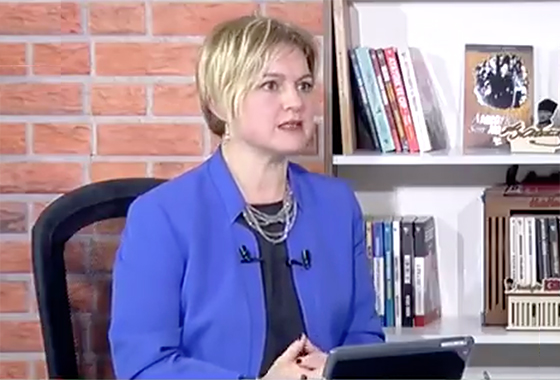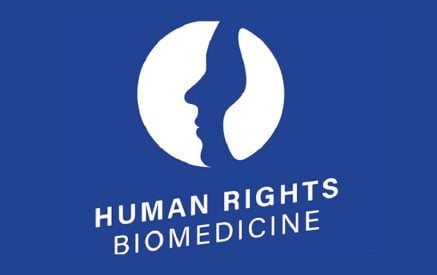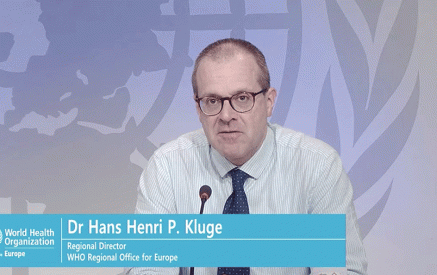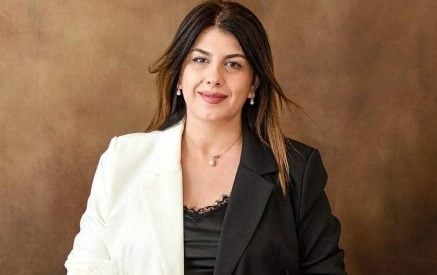With COVID-19 raising fears of increased surveillance, PACE’s rapporteur on Artificial Intelligence in healthcare, Selin Sayek Böke (Turkey, SOC), has issued a strong call for a new framework to regulate AI in this area, urging “a new era of citizen empowerment” for health data which will protect both health and privacy.
“The COVID-19 crisis has shown with stark clarity both the advantages and the dangers of artificial intelligence in healthcare,” said the rapporteur in a statement.
“‘Track and trace’ technology is the most visible example, generating fears of unwarranted surveillance, but there are others: AI is helping to model different responses to the pandemic, forecast hospital capacity or develop drugs and a vaccine.
In short, AI in healthcare is at a critical crossroads: COVID-19 has sharpened choices and shortened timescales, but the decisions we make now will dramatically shape our future.
Read also
A new ethical regulatory framework is urgently needed – one that finds the right balance between collective interest and individual rights, one that favours global solidarity over the search for profit, and one that places human expertise squarely at its centre. It also needs to be adaptable, adjusting to the degree of threat faced. Council of Europe legal instruments, such as the Oviedo Convention and the Convention for the Protection of Individuals with regard to the Automatic Processing of Personal Data, should guide national regulatory efforts.
But above all, governments must be open with their citizens – and with each other – about what health data they want, why they want it, how they are using it, and what they intend to do with it.
Transparency hands each of us the key to understanding our own health, enables us to properly evaluate the actions of government, and ultimately builds trust in the health authorities. That openness, in turn, leads to an aware and well-informed population that is ready to follow public health guidelines in an emergency, far more effectively than any amount of policing and coercion.
If the pandemic has taught us anything, it is that we need a new era of citizen empowerment in health data, built on a foundation of mutual support and global solidarity.
Handled well, AI can be a great force for good, saving thousands of lives and improving health outcomes. Handled badly, it can become – as PACE’s President has said – an Orwellian nightmare. We are not forced to choose between health and privacy, as some governments may try to claim. With the right regulation, we can have both.”
Ms Sayek Böke’s report is due to be discussed by the full Assembly, along with a number of other reports on the topic of AI, early next year.
PACE



























































